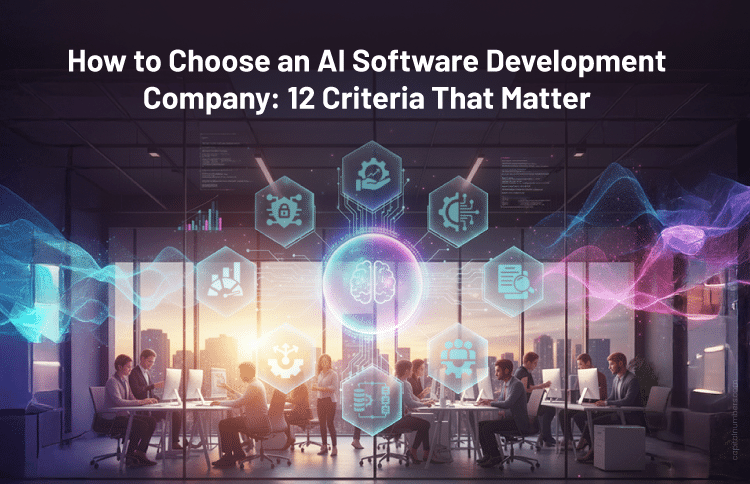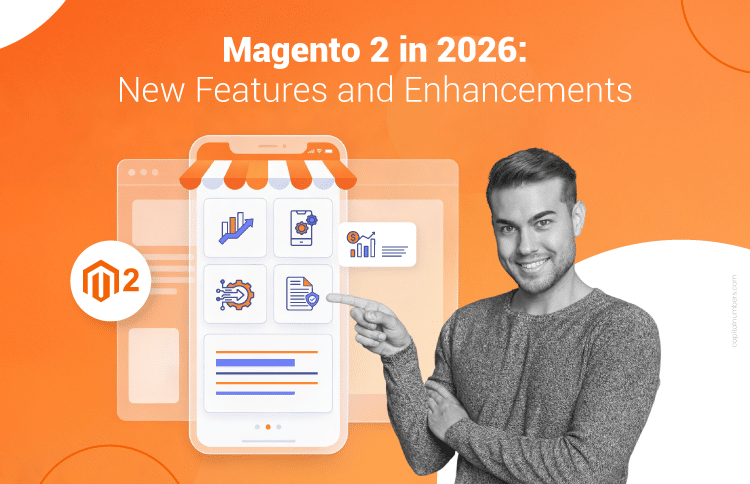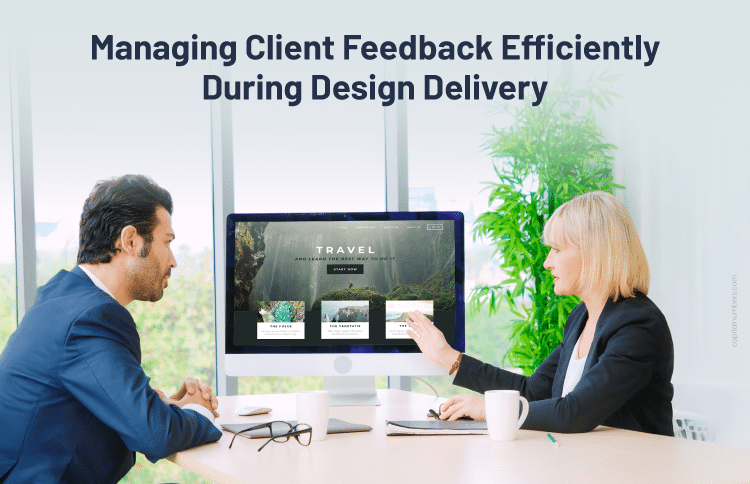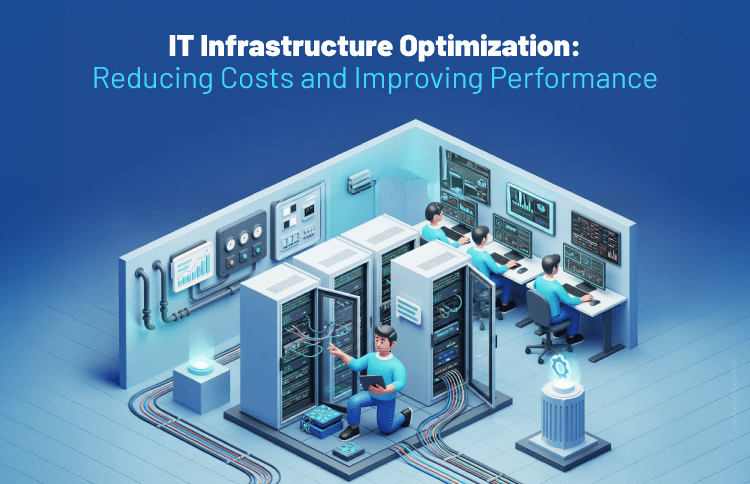How to Choose an AI Software Development Company: 12 Criteria That Matter
Table of Contents
Choosing an AI software partner isn’t just about tech; it’s about finding a team that can turn your ideas into real business impact. With AI transforming everything from customer service to analytics, the right company will help you build smarter, faster, and more secure solutions.
But with so many vendors claiming AI expertise, how do you separate the truly capable from those riding the hype?
This guide breaks down 12 essential criteria for selecting an AI development partner. Whether you’re building automation, predictive analytics, or multilingual chatbots, these factors help you make a confident, future-ready decision.
Top 12 Factors to Consider When Hiring an AI Software Development Firm
Choosing an AI software development company isn’t just about technical skills. It’s about finding a partner who understands your goals, designs for scale, and delivers secure, compliant, high-performing AI solutions. The following 12 factors will help you evaluate potential vendors with clarity and confidence.
1. Industry-Specific Experience
When it comes to AI in the enterprise, context is everything. A partner that understands your industry can build smarter, more relevant AI solutions – whether you’re in healthcare, E-commerce, finance, or logistics.
Here’s why it matters:
- Domain knowledge fuels precision: AI models that are trained on industry-specific data can perform better and deliver insights that drive meaningful results.
- Faster onboarding, fewer surprises: An AI app development partner that is familiar with your space already knows the common pain points, regulations, and workflows.
- Better alignment with business goals: They won’t just build tech; they’ll build tailored AI solutions that understand and speak your language and solve real problems.
What to ask:
- Can you share a case study from my industry with specific ROI metrics?
- How do you adapt AI solutions for our compliance or process requirements?
Real-World Example:
A healthcare-focused partner will design with privacy and HIPAA/GDPR in mind, whereas an E-commerce partner will prioritize recommendations, personalization, and funnel conversion.
2. Depth in AI Technologies
AI success depends on more than just coding – it’s about choosing the right tools for the job. A reliable AI product development company should offer in-depth expertise across machine learning, deep learning, NLP, computer vision, and other related fields.
Why it matters:
- Different goals need different approaches: Whether you’re building a predictive model, a chatbot, or a generative AI solution, the underlying technology must match your business use case and customer expectations.
- Frameworks reveal their mindset and scalability: You can ask which platforms your AI partner prefers – TensorFlow, PyTorch, or other open-source stack – and why. Their choices reflect how they approach performance, flexibility, and long-term maintainability.
- Wide knowledge shows innovation, deep expertise delivers results: A development company offering full-spectrum AI software development services is more likely to design solutions that grow with your business, not just launch and leave.
Checklist:
- The company can discuss the differences between tools and demonstrate previous projects using them.
- Technology recommendations align with our current IT ecosystem.
3. Case Studies and Success Stories
Before you commit, ask to see proof. The best AI software development companies don’t just talk about innovation; they show how they’ve delivered it.
What to look for:
- Real business impact: You should look for case studies that highlight measurable outcomes, such as increased conversion rates, reduced operational costs, or faster time-to-market. These are signs of a company that understands ROI, not just algorithms.
- Diverse project experience: A partner with experience across industries and use cases is more likely to adapt their AI product development services to your specific goals.
- Scalable delivery: From MVPs to enterprise-grade deployments, a reliable AI app development company should showcase how they’ve built solutions that grow with the business and continue to deliver value.
Action Step:
Request written references or speak directly with past clients.
4. Proof of Concept (PoC) Capability
Before you invest in full-scale development, you need proof that the solution works for your business. A results-driven AI software development company should offer PoC services that validate feasibility, reduce risk, and build internal buy-in.
What to look for:
- Rapid prototyping to test real-world viability: A solid PoC helps you assess whether the AI model can deliver the outcomes you care about, like improved forecasting, smarter automation, or better customer engagement.
- MVP development for faster market validation: If you’re launching a new product, check if they offer AI product development services that include building a lean, functional version to test with actual users and gather feedback.
- Clear success metrics from day one: The best partners define measurable goals upfront, whether it’s accuracy, speed, or cost savings, so you know exactly what success looks like before scaling.
Ask your vendor:
- How quickly can you deliver a PoC with defined milestones?
- What’s the process to move from PoC to full deployment?
5. Team Composition and Skill Diversity
Behind every successful AI solution is a well-rounded team. The best AI software development companies bring together specialists who cover every stage of the journey, from strategy to deployment.
What to look for:
- Cross-functional expertise: Ensure they have data scientists, ML engineers, software developers, and experienced project managers. This mix is crucial for developing AI solutions that are both technically sound and business-ready.
- End-to-end delivery capability: A balanced team can handle everything, from data preparation and model training to integration and performance tracking, without blocks or handoffs.
- Innovation through collaboration: Diverse skills lead to smarter problem-solving. When technical experts and business strategists work together, the result is AI that delivers a measurable impact.
Checklist:
- The vendor’s team includes both AI specialists and industry consultants.
- There’s a single point of contact for business owners.
6. Data Readiness and Integration
AI works only if your data is usable. A good AI software development company should first check what data you already have (CRM, ERP, support tools, databases) and how clean and accessible it is before jumping into model building.
What to look for:
- Discovery and data audit: They should run an initial assessment to map your data sources, formats, and gaps.
- Data preparation plan: They can clean, label, normalize, or enrich data so the model has quality inputs.
- Seamless integration with your stack: They should be able to connect AI to your existing tools, such as Salesforce, SAP, HubSpot, custom apps, or cloud, without disrupting operations.
Ask your vendor:
- How will you assess the quality and availability of our current data?
- Can you integrate AI with our CRM/ERP/support tools?
- What if some of our data is incomplete or unstructured?
7. Customization and Flexibility
AI should fit your business, not the other way around. The best AI software development companies don’t push generic solutions; they build models tailored to your data, goals, and infrastructure.
What to look for:
- Tailored solutions, not templates: You should ask how they adapt their AI product development services to your specific workflows, customer needs, and KPIs. Flexibility is key to long-term success.
- Infrastructure-aware development: Whether you’re cloud-native or working with legacy systems, a reliable AI app development company should be able to integrate seamlessly with your existing tech stack.
- Scalable and adaptable models: Your business will evolve, your AI should too. Look for partners who design models that can be retrained, expanded, or fine-tuned as your needs grow.
Checklist:
- The vendor asks detailed questions about your operations and KPIs.
- They offer both on-premise and cloud integration options.
8. Performance Metrics and Business Alignment
AI should drive results, not just run models. The best AI software development companies track technical metrics and business KPIs to ensure your investment delivers real value.
What to look for:
- Balanced scorecard approach: Ask if they monitor precision, recall, F1-score, and other model metrics alongside business outcomes, such as conversion rates, cost savings, or customer retention.
- ROI-focused development: A reliable AI app development company should align every technical milestone with your strategic goals, whether it’s faster decision-making, improved forecasting, or operational efficiency.
- Transparent reporting and insights: You should look for partners who provide clear dashboards and regular performance updates, allowing you to measure progress and make informed decisions at every stage.
Key questions:
- Which business metrics will you report on, in addition to technical ones?
- How often will we review results and iterate?
9. Security, Compliance, and Responsible AI
AI solutions often rely on sensitive data, so security and compliance aren’t optional. A reliable AI software development company should follow strict data protection standards and build trust from day one.
What to look for:
- Compliance with relevant regulations: Confirm they follow GDPR, HIPAA, or any industry-specific standards that apply to your business. This protects you from both legal and reputational risks related to AI.
- Strong data protection practices: Ask how they handle encryption, anonymization, and model security. These safeguards ensure your customer and business data stays protected throughout the project.
- Security built into every stage: From development to deployment, data privacy should be part of their process, not something added later. It will help you avoid security-related concerts later on.
Checklist:
- Written policies for data handling.
- Service-level agreements specify security protocols.
10. Agile Delivery, Communication, and Collaboration
AI projects evolve quickly, so your development partner should work in short cycles and keep you looped in at every step. The goal is simple: fast progress, prompt feedback, and no surprises.
What to look for:
- Short sprints with regular demos: Frequent iterations so you can see working features, validate them, and course-correct early.
- Structured change management: A clear way to handle new requirements or stakeholder input without derailing timelines or budgets.
- Transparent collaboration tools and visibility: Access to Slack/Jira/Trello (or similar), sprint plans, status reports, and an escalation path for blockers.
Ask your vendor:
- How do you incorporate stakeholder feedback during the project?
- What’s your track record with adapting to changing requirements?
11. Post-Deployment Support and Model Maintenance
AI doesn’t stop at launch. To stay accurate and effective, models need ongoing monitoring, retraining, and updates. A reliable development company should offer structured post-deployment support that keeps your solution performing over time.
What to look for:
- Active model monitoring and retraining: Ask how they track performance drift and retrain models as data evolves. This ensures your AI continues to deliver relevant, high-quality results.
- Clear support SLAs and update cycles: Confirm their service-level agreements (SLAs), response times, and how often they review and update your solution. Predictable support means fewer surprises and better planning.
- Business continuity and scalability: Post-launch support should include performance tuning, bug fixes, and feature enhancements that align with your growth goals.
Checklist:
- Written support agreements with defined response times.
- Clear process for reporting and resolving issues.
12. Pricing Structure and Engagement Models
AI is transforming software development in various ways, but it needs high-stakes investment. So, pricing clarity is essential. The company you choose should offer flexible engagement models that align with your budget, delivery timelines, and risk tolerance.
What to look for:
- Engagement models that fit your business: Whether you prefer fixed cost for budget certainty, agile pods for iterative delivery, or staff augmentation for scaling internal teams, the model should align with your operational style and growth plans.
- Transparent deliverables and timelines: Insist on a clear breakdown of what’s included, when it will be delivered, and how progress will be tracked. This protects your budget and ensures accountability.
- No hidden costs or vague terms: Ask upfront about change request fees, infrastructure charges, licensing, and post-launch support. Any hidden charge can surprise you and stretch your budget.
Checklist:
- Get a clear, itemized quote upfront.
- Request sample contracts or terms showing IP rights and confidentiality clauses.
You May Also Read: Mitigating AI Risks: A Practical Guide for Business Leaders
Bottom Line
Choosing the right AI development company is crucial. Ask yourself: Does the company have industry experience? Are they experts in key AI technologies? Do they have proven success with similar projects?
Focus on partners who offer tailored solutions, track progress with clear metrics, and provide solid support after deployment.
Start by narrowing your options. Request a PoC and evaluate how each company meets your needs. The right partner will help you achieve real, measurable business results with AI.


















